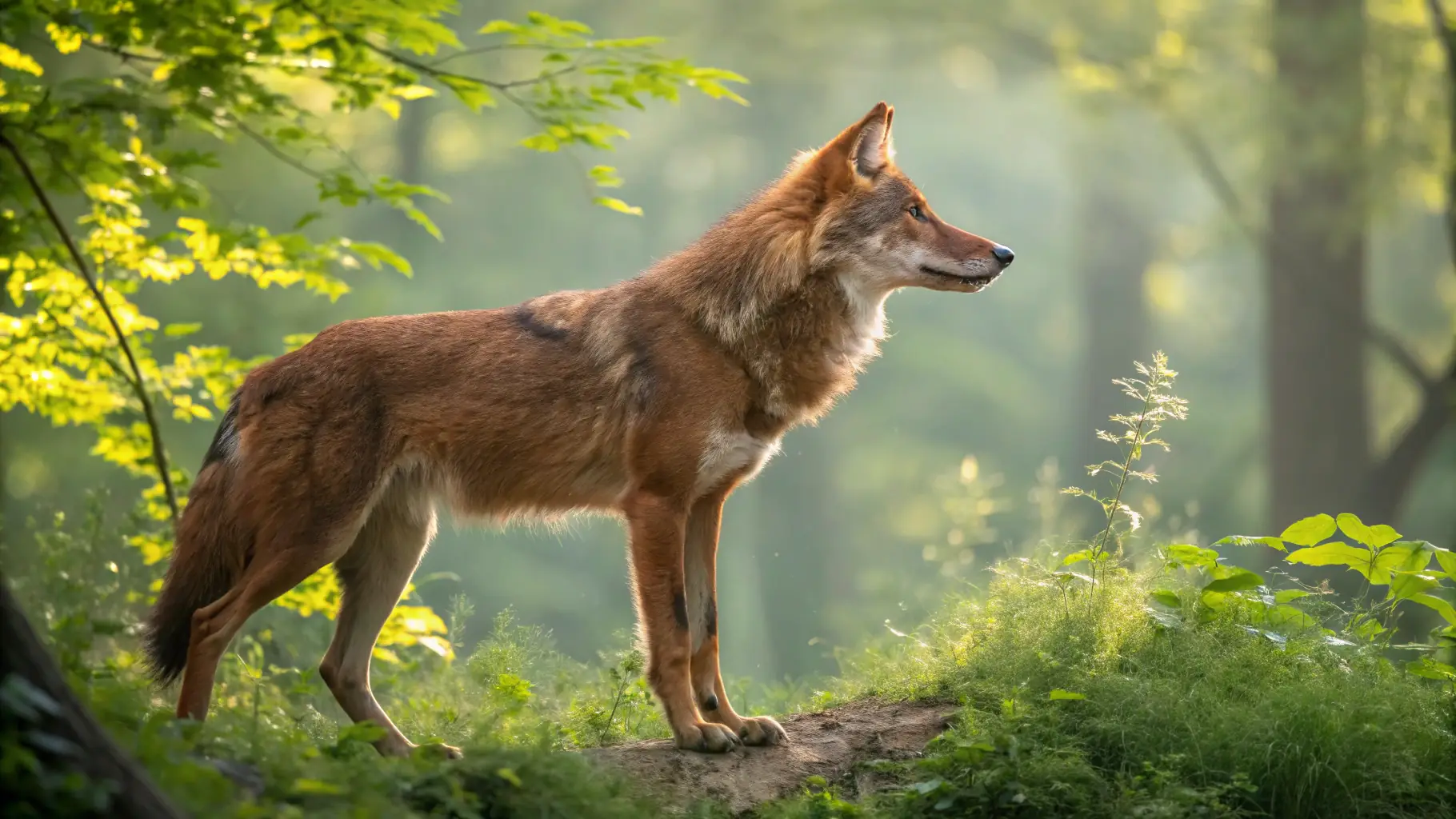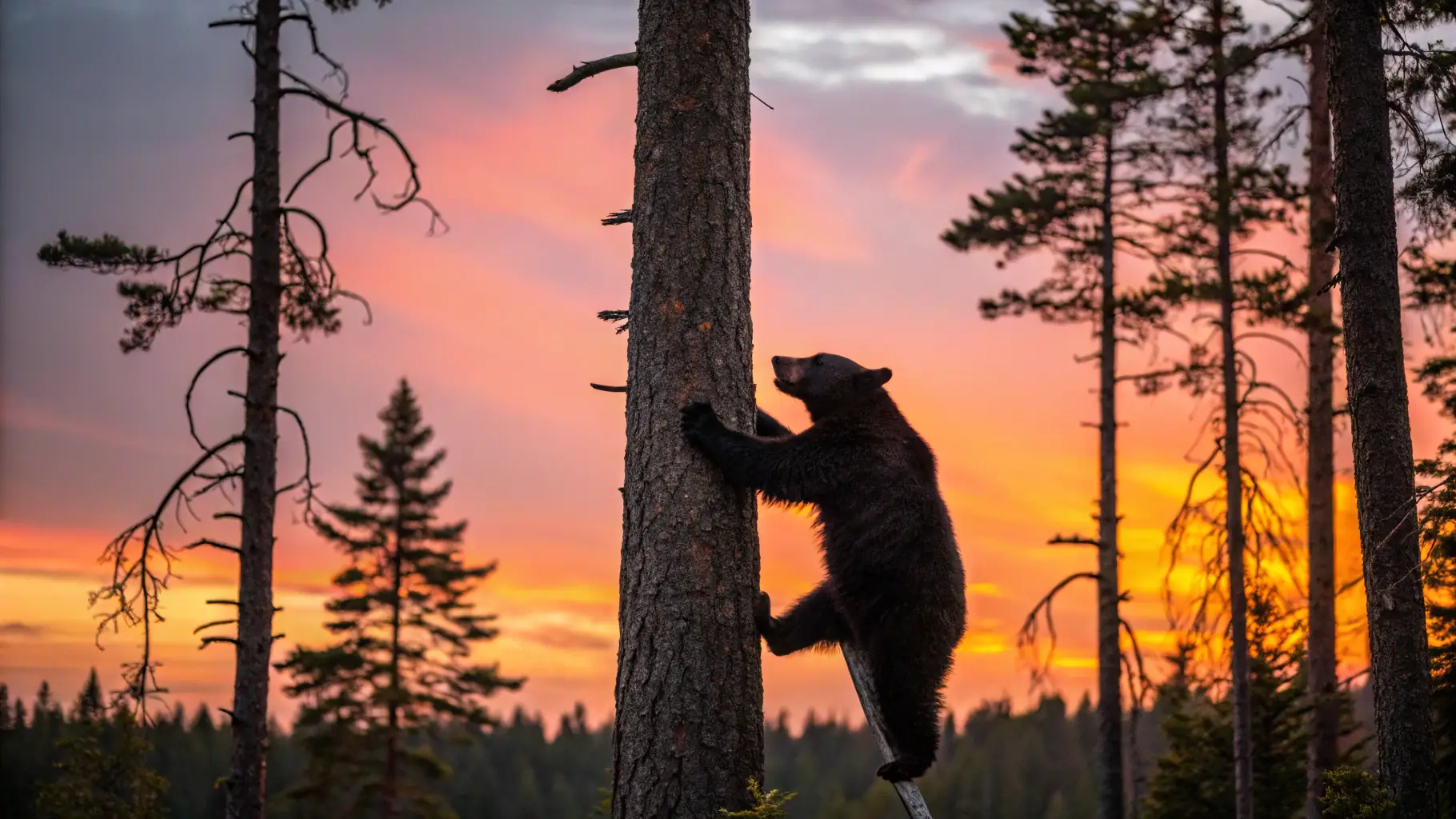Wolves play a vital role in regulating prey populations, preventing overgrazing, and maintaining biodiversity in Canadian ecosystems. Their presence is essential for the health of the entire food web. Recent research has shed light on the challenges these magnificent creatures face, including habitat loss and human-wildlife conflict. Conservation efforts are crucial to ensure the long-term survival of wolves in Canada. The Canadian government and conservation organizations are actively working to mitigate human-wildlife conflict and protect wolf habitats. These efforts include the implementation of stricter regulations on hunting and trapping, the creation of protected areas, and the development of educational programs to raise awareness about the importance of coexisting with wildlife. These initiatives are crucial for the long-term survival of wolves in Canada. The future of wolves in Canada hinges on our collective commitment to conservation. Despite these efforts, challenges remain. Habitat loss due to human development continues to threaten wolf populations. Climate change is also impacting their prey availability and migration patterns. Addressing these issues requires a multi-faceted approach that combines conservation strategies with community engagement and education. The long-term success of wolf conservation in Canada depends on our ability to adapt to these challenges.
The Importance of Habitat Restoration for Canadian Wildlife
Habitat restoration is a crucial component of wildlife conservation in Canada, helping to restore balance



